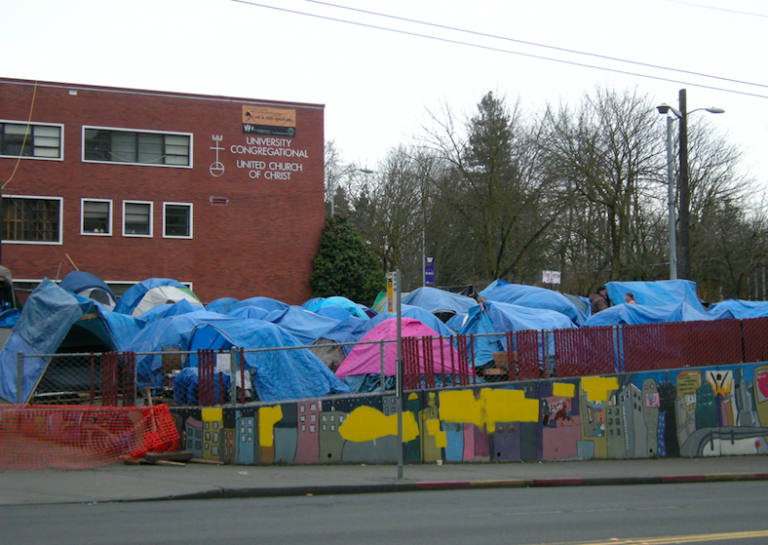California governor Gavin Newsom said, “This year California delivered on critical action to make people’s lives better, safer, healthier, and happier in putting people first, safeguarding freedoms, and creating economic opportunity.” Based upon the laws passed, the state has again taken aim at employers but not to create any “economic opportunity.”
Let’s first clear the air about SB525, the healthcare worker minimum wage. It will NOT increase minimum wage to $25.00 hour for facility staff. The law is for nurse assistants, custodians, housekeepers, gift shop workers, kitchen staff, etc. who work in hospitals, nursing homes and similar medical settings. The raise was justified because of the “courage shown by workers during the pandemic.” Did the fast-food workers display similar courage meriting a $20.00 minimum wage hike starting April 1? Didn’t facility staff exhibit the same if not more courage?
The state’s new $16.00 per hour minimum wage law will go into effect January 1, but some counties and cities have exceeded the state’s minimum hourly wage. The website to check on your city or county’s minimum wage is https://www.dir.ca.gov/dlse/minimum_wage.htm. Because fast food workers get $4.00 more per hour, it is likely caregivers will leave the assisted living industry to flip burgers rather than flip—turn—residents.
Cannabis users will get “additional work protections” including the prevention of discrimination during the hiring process and there will be restrictions on terminating the cannabis user for off the job and away from the workplace use.
More persons are now eligible for conservatorship because they are unable to provide for their personal safety, necessary medical care or have a “severe substance use disorder or serious mental health illness.” That’s in line with the state’s failed attempt to expand Medi-Cal services under the state’s CalAIM and Master Plan programs that force the mentally ill into mental health facilities then get discharged after “treatment” to adult and senior assisted living facilities. Each county, and thus taxpayer, will be on the financial hook for the treatment and care of such persons.

On January 1, if a facility is located near a church or independent college, it may have to deal with a large number of homeless persons because the state approved the “Yes in God’s Backyard” legislation for use of church and college parking lots and other properties to house “low-income persons.” These sites can “bypass most local permitting and environmental review rules.” Coupled with this is the state’s expansion “of lifesaving treatment” allowing “more mobile pharmacies to be created in communities across the state” to dispense “treatment medications for opioid use disorder.”
A new law now voids noncompete clauses or agreements—both current and future—in employment contracts starting February 14.
Paid “sick leave” will expand to five paid days per year (more in some cities and counties). The rational for the expansion: “Too many folks are still having to choose between skipping a day’s pay and taking care of themselves or their family members when they get sick,” said Governor Newsom.
Another new law will expand the number of eligible days a person can have for experiencing a “reproductive loss.” AB352 will support non-Californians entering the state to access “reproductive rights” at taxpayer expense. Low-income Californians of all ages and regardless of immigration status will be able to access Medi-Cal starting in 2024. AB352 protects “all Californians’ and visitors’ electronic medical records related to abortion, gender-affirming care, pregnancy loss and other sensitive services.”
